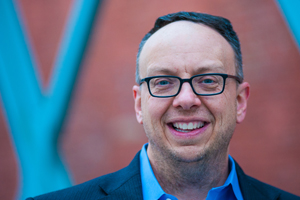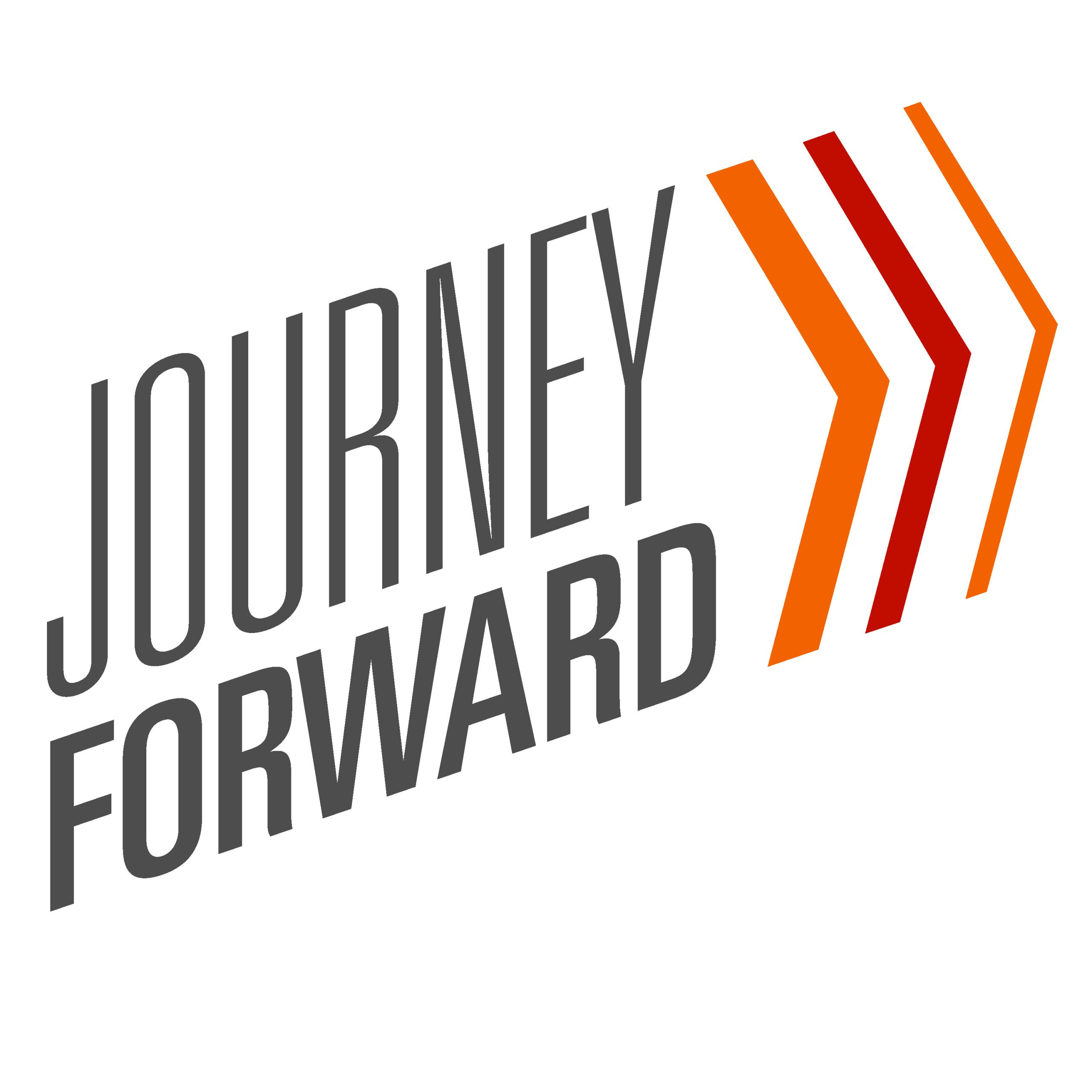 This post is part of our Joureny Forward series. We’ve invited folks from across Mennonite Church USA to reflect on our Journey Forward and consider how they’ve seen Renewed Commitments at work in their lives, their congregation or community. If you’d like to contribute to this series by highlighting stories that bring our shared values to life, email JenniferC@MennoniteUSA.org.
This post is part of our Joureny Forward series. We’ve invited folks from across Mennonite Church USA to reflect on our Journey Forward and consider how they’ve seen Renewed Commitments at work in their lives, their congregation or community. If you’d like to contribute to this series by highlighting stories that bring our shared values to life, email JenniferC@MennoniteUSA.org.
Stephen Kriss is executive minister for Franconia Conference. He is a member of Philadelphia Praise Center.
I grew up watching Sesame Street in the 70s. It’s where I first heard Spanish, and through the diversity of people and characters in an urbanish context, I began to glimpse the beauty of diversity. Diversity though also has challenges. Our responses to people, situations and expressions that are unfamiliar can include fear and agitation, not just curiosity and graciousness.
Within Mennonite settings, I am beginning to understand what it means to live in the potential and tension of diversity. My life has both been enriched and complicated by this reality. Living in one of the country’s largest cities, diversity is my daily. As an Anabaptist Christian, my encounter with the diverse world invites me to put into practice my belief in the peace of Christ that is nonviolent, resistant and resilient in the face of injustice.
I expect diversity in my worship encounters as an actual reflection of the city and time that I live in. I worship with a majority Indonesian-speaking congregation where the English language is de-centered. I am forced to move from the context of host to guest the minute I walk inside the meetinghouse, which can be both uncomfortable and invigorating. I wear a headset for translation of sermons, or I struggle to discern with my limited language skills what the preacher is saying in Bahasa Indonesian. For a while, we worshipped tri-lingually in English, Spanish and Indonesian while a Spanish congregation was being launched which now worships in its own facility. Three languages regularly in worship is hard work.
Though the reality of diversity is beautiful, it is also a struggle. While we trust that holding a diverse community of people together is the work of the Spirit, the daily grind of it can be difficult. Through intercultural leadership training, I’ve learned concepts and words that are helpful in navigating the journey that include different orientations around time, conflict, power and roles. Moving between and within diversity that manifests sometimes in amazing ways in a worship experience is more challenging when we consider that our work (or daily grind) together is also an expression of worship.
 In honoring the beauty of Spirit-gifted diversity, I am invited to ask questions around my own part in that, about power and privilege as a white dude. Privilege and power can be hard at times for me to recognize and acknowledge. Sometimes I notice the speck in the vision of others’ privilege but am blind the log in my own eye.
In honoring the beauty of Spirit-gifted diversity, I am invited to ask questions around my own part in that, about power and privilege as a white dude. Privilege and power can be hard at times for me to recognize and acknowledge. Sometimes I notice the speck in the vision of others’ privilege but am blind the log in my own eye.
Friendships and reflection keep me honest in the practice of Spirit-gifted diversity. The earliest forms of church struggled with issues around justice and ethnicity which led to the naming of the first deacons and the martyrdom of Stephen. I believe that the seriousness of the responses to injustice led to recognition that something potentially disruptive and resistant was emerging in the early church. My hope is that our practices of peacebuilding and resistance might also signify such a seriousness of the work. And as we honor the diversity that God has gifted to us, may we recognize our potential to disrupt the cultural narratives around us that devalue individuals and communities.
Honoring the Spirit-given diversity that comes through our worship together means doing my work as a participant and leader. It means that I’ve brushed up on my Spanish to be able to communicate more readily. It means learning the non-dominant stories of our Anabaptist heritage including those who have struggled to find footing for their leadership and perspectives. It means learning to apologize for past practices and working toward change in a system that still operates within a white supremacist framework. Even as I write those words, I recognize a feeling of vulnerability in my role and status that I believe is worth the risk I take in writing them.
While our community has flaws and our systems are imperfect, the Spirit continues the work of creating a diverse representation and manifestation. We are an odd lot of people drawn into the movement together across Mennonite Church USA. This has been the reality of our movement since the beginning, 500 years ago in Europe. It is likely our future too.
At times our diversity might seem like something other than beautiful. It can be frustrating, embarrassing, contentious, hard to accompany and to lead. Diversity can lead to situations and relationships we wish we could simply escape. In the U.S., with significant demographic shifts, some of us might find ourselves awash in new realities that make us long for familiarity rather than diversity.
This is not the easy road. But it’s the Spirit’s gift. To be bound together in Christ in whom there is no east and west, no north or south, is to be up-ended and deeply rooted — to be bound together in the bond of peace that surpasses all understanding.

